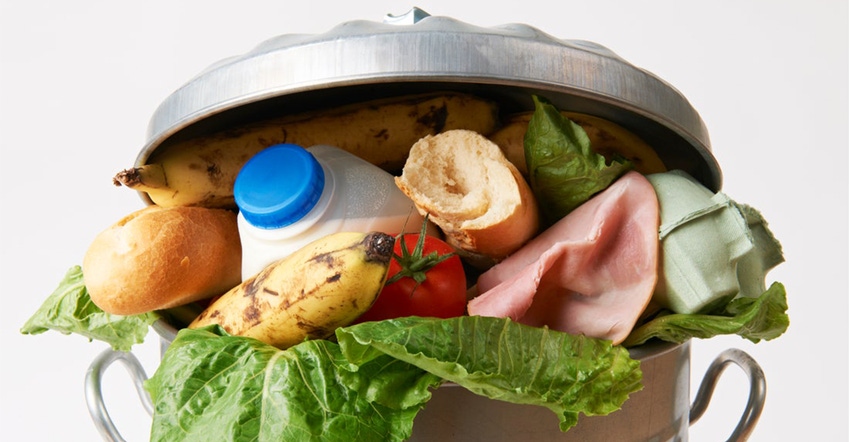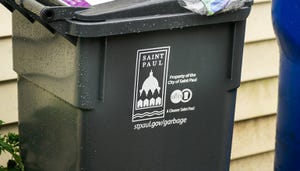NRDC of Maine Studies Food Waste in Schools
A new report from the Natural Resources Council of Maine analyzes food waste in school cafeterias, one of many efforts made to combat the issue in the state. The state is home to 620 public schools and educates 183,000 children. The NRCM estimates that more than 7 million pounds of food go to waste in these institutions yearly.

A new factsheet from the Natural Resources Council of Maine analyzes food waste in school cafeterias, one of many efforts made to combat the issue in the state.
The state is home to 620 public schools and educates 183,000 children. The NRCM estimates that more than 7 million pounds of food go to waste in these institutions yearly.
"Reducing food waste in schools has immense benefits for students, taxpayers, and the environment," the organization states.
The sheet offers a range of strategies for reducing food waste in schools, including implementing composting programs, donating excess food to food banks and shelters, and encouraging students to take only what they can eat.
NRCM also suggests setting up a committee to brainstorm and create solutions based on the food recovery hierarchy. The organization notes actionable items that can bring about sustainable change such as a food waste audit, a "share table" to drop off unwanted/unwaten food items and partnering with local farmers.
Other organizations across the state are working to fight food insecurity and waste. The University of Maine's Mitchell Center for Sustainability Solutions is studying school cafeteria waste at four elementary schools in Orono, Buxton, Lisbon and Sebago. The research aims to find solutions and educate children.
“We are very excited about this opportunity to identify effective solutions for reducing food waste while improving student nutrition in Maine schools,” says Susanne Lee, faculty fellow, Mitchell Center, in a media statement. “By focusing specifically on elementary schools, we hope to teach these young students positive food waste behaviors that will continue through their middle and high school years. We also hope that these young influencers will bring those positive food waste behaviors into their homes,”
The UM study not only provide education via presentations and signage. Researchers are conducting pre- and post-study food waste audits to measure results.
“Collecting daily food waste data is incredibly important for our team to assess whether our solutions to reduce food waste are actually working. In addition, the students are also very excited to see how they are doing, so we will use the data to create a fun and motivational feedback loop for them as well,” says Eddie Nachamie, the Mitchell Center student intern in charge of the School Food Waste Study.
The NRCM is providing support for the UM study.
.
About the Author(s)
You May Also Like


